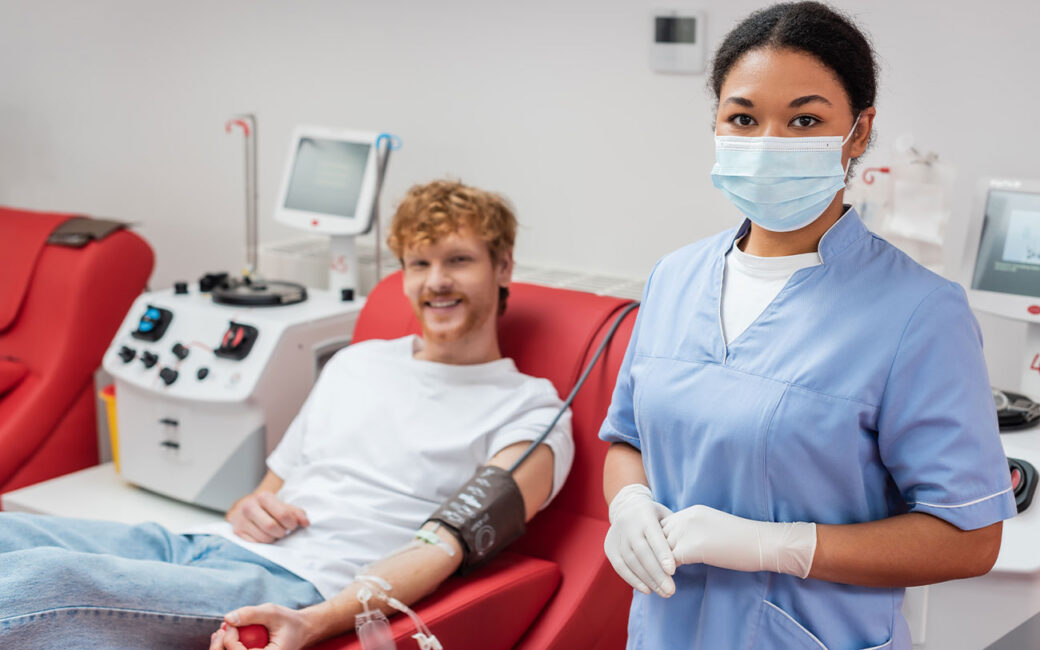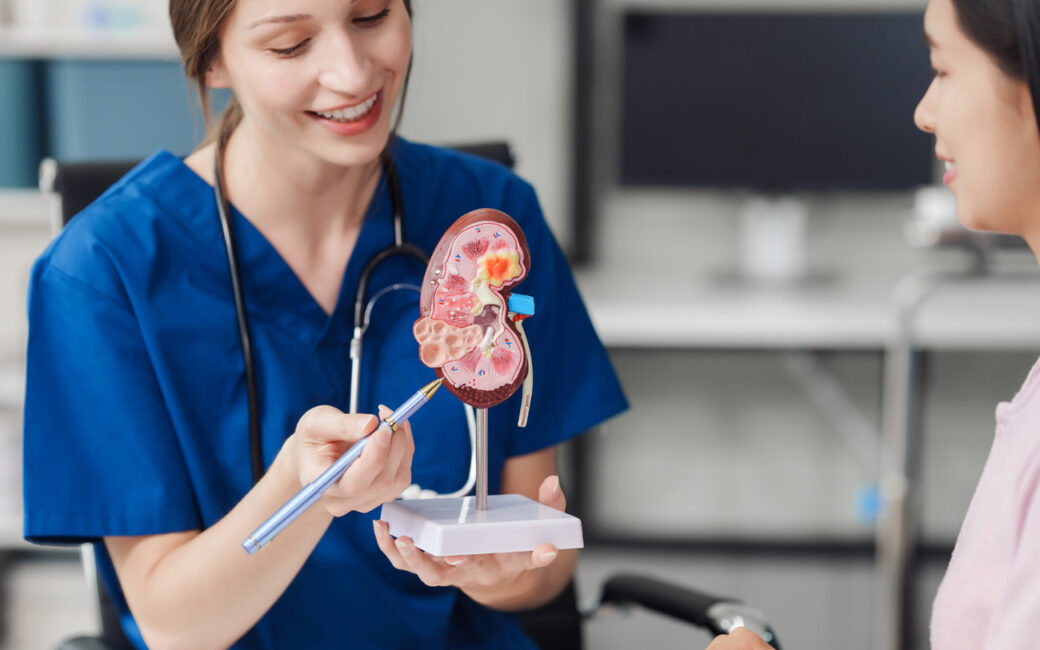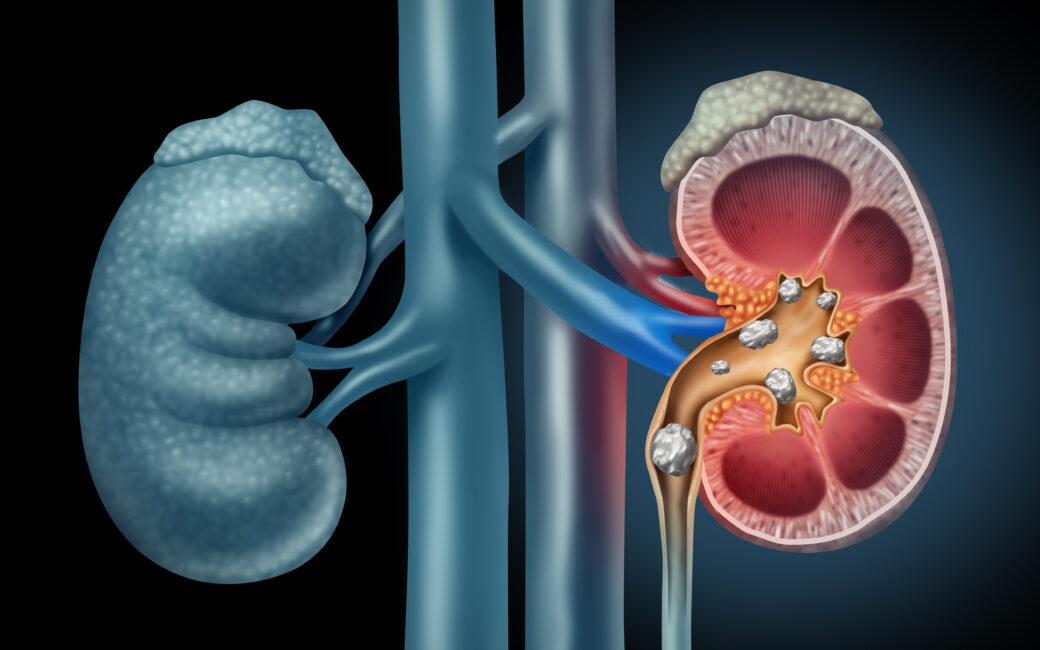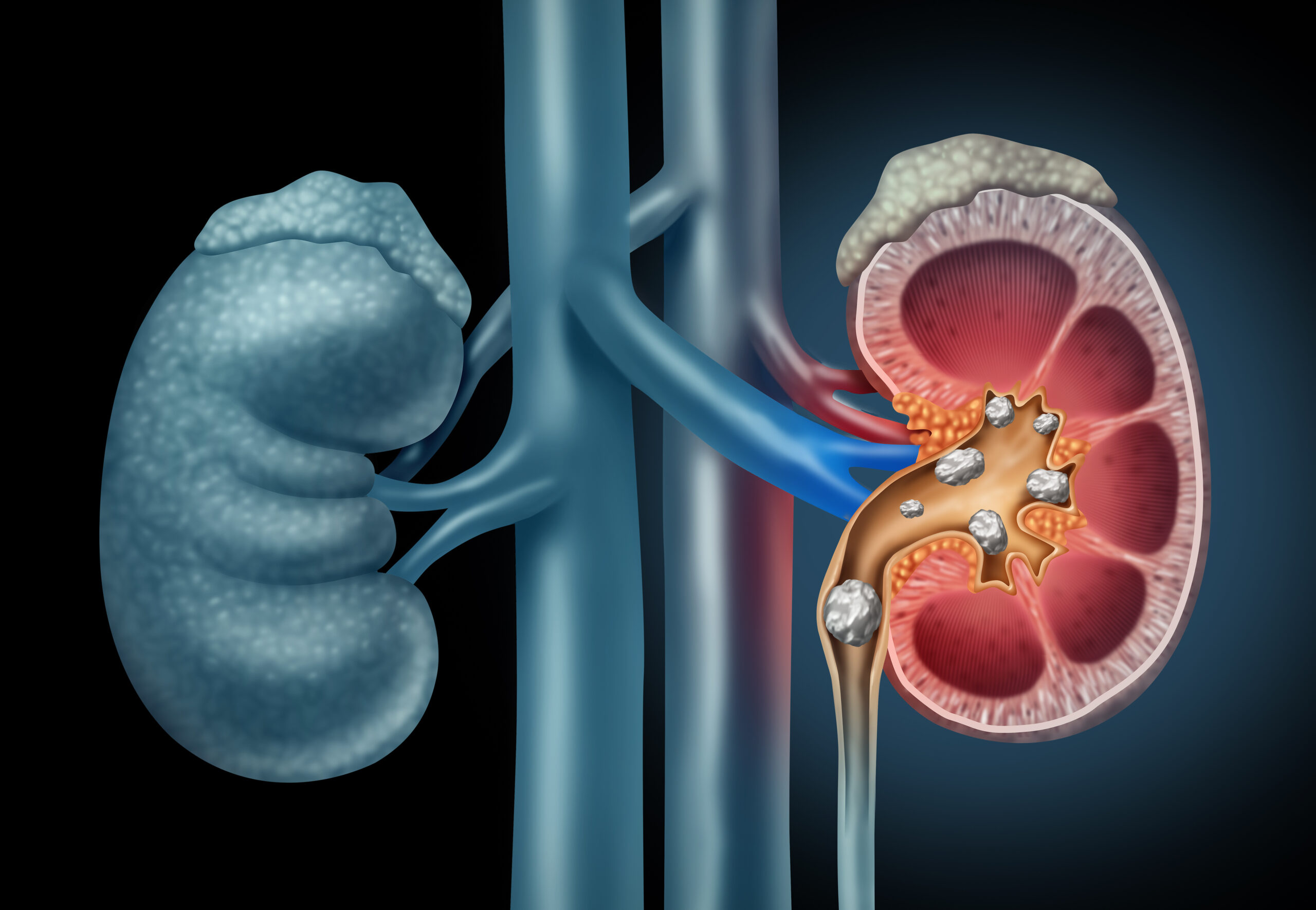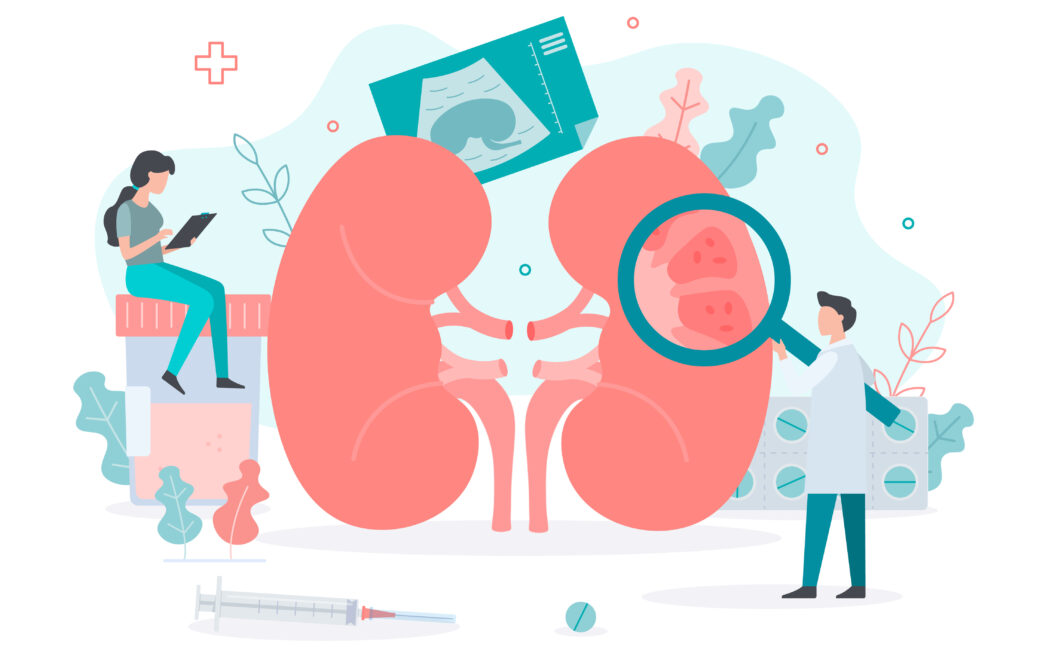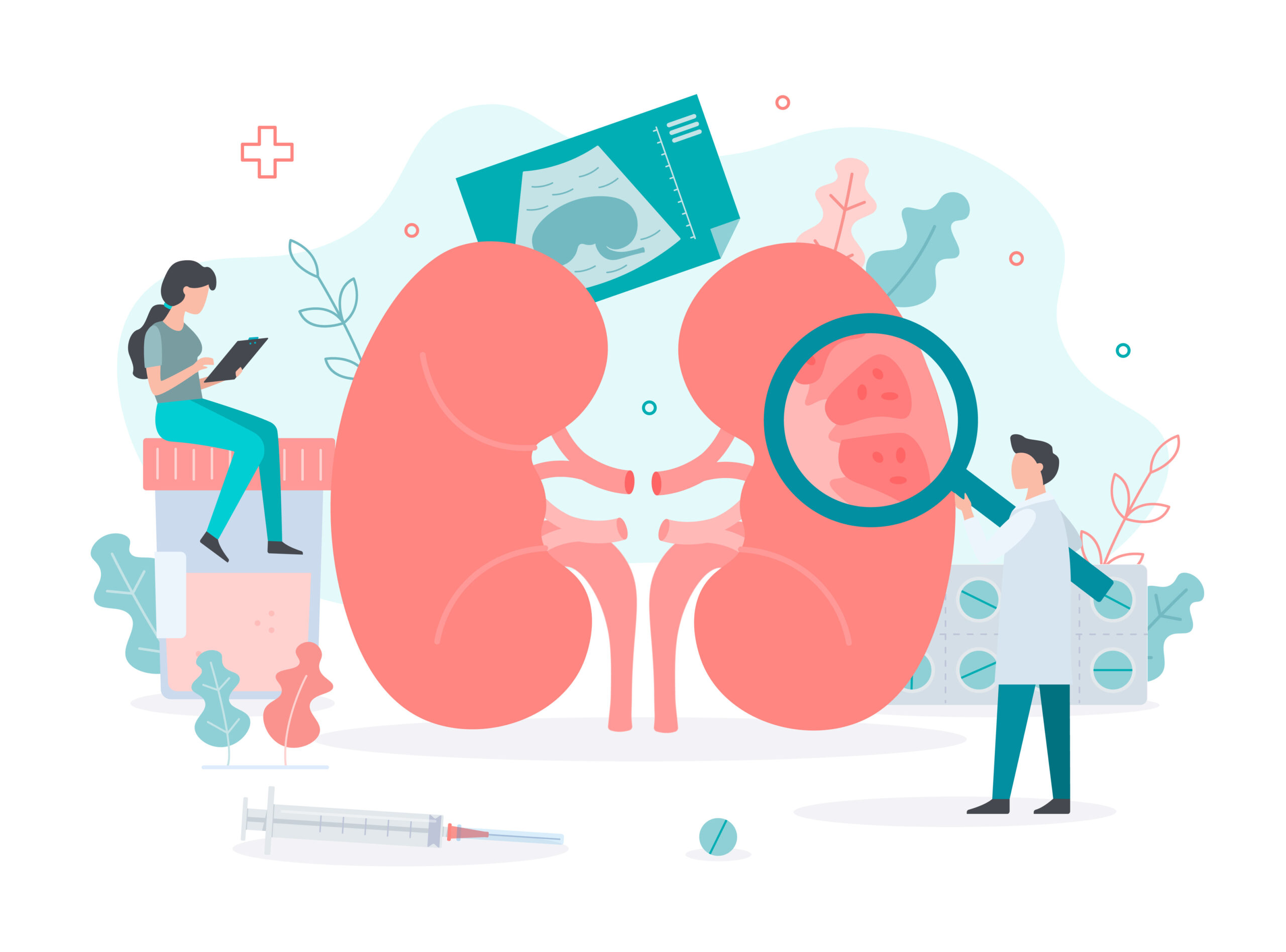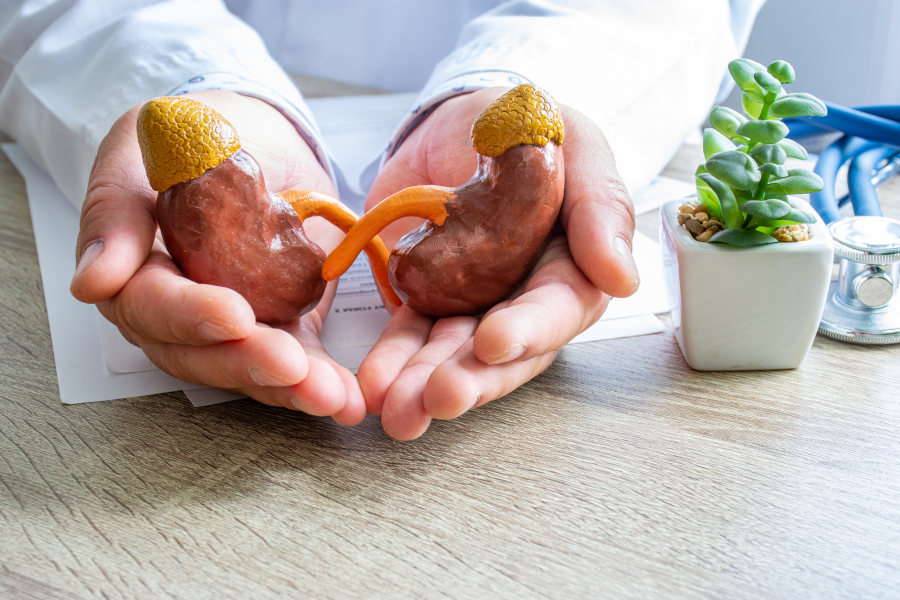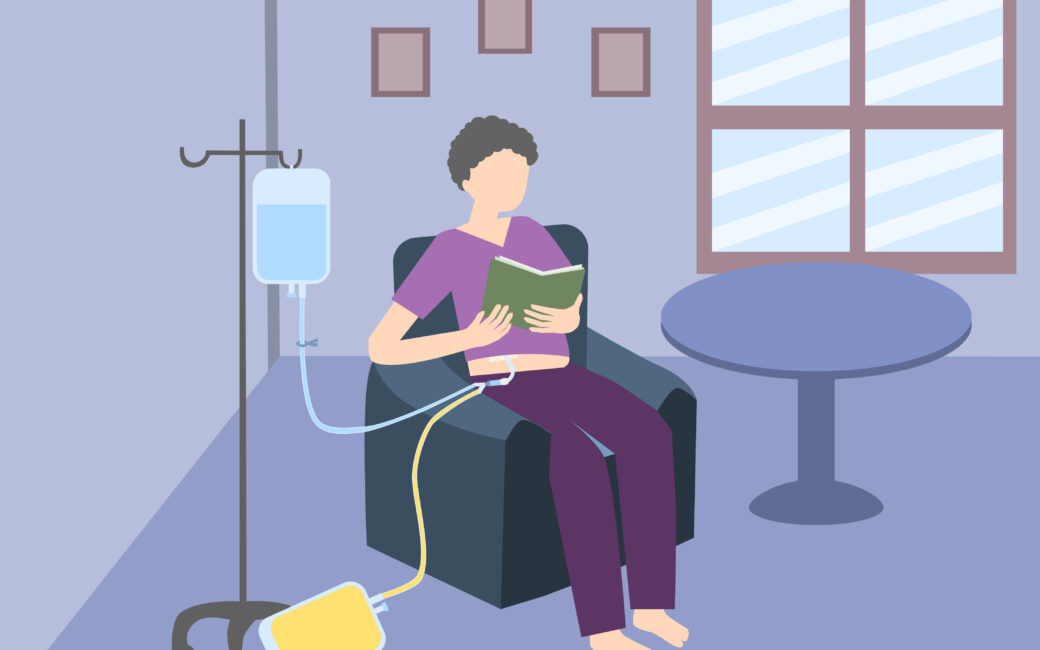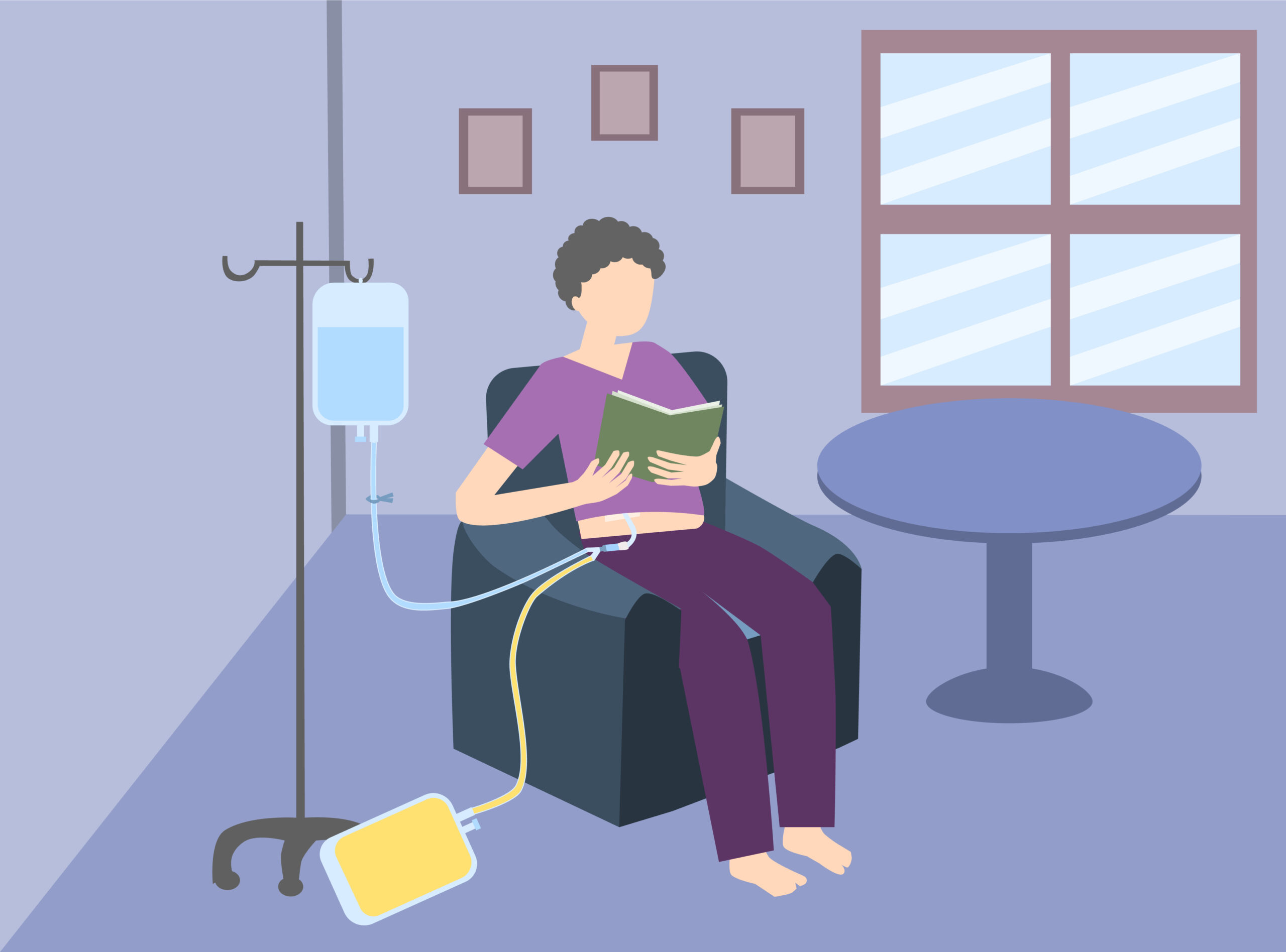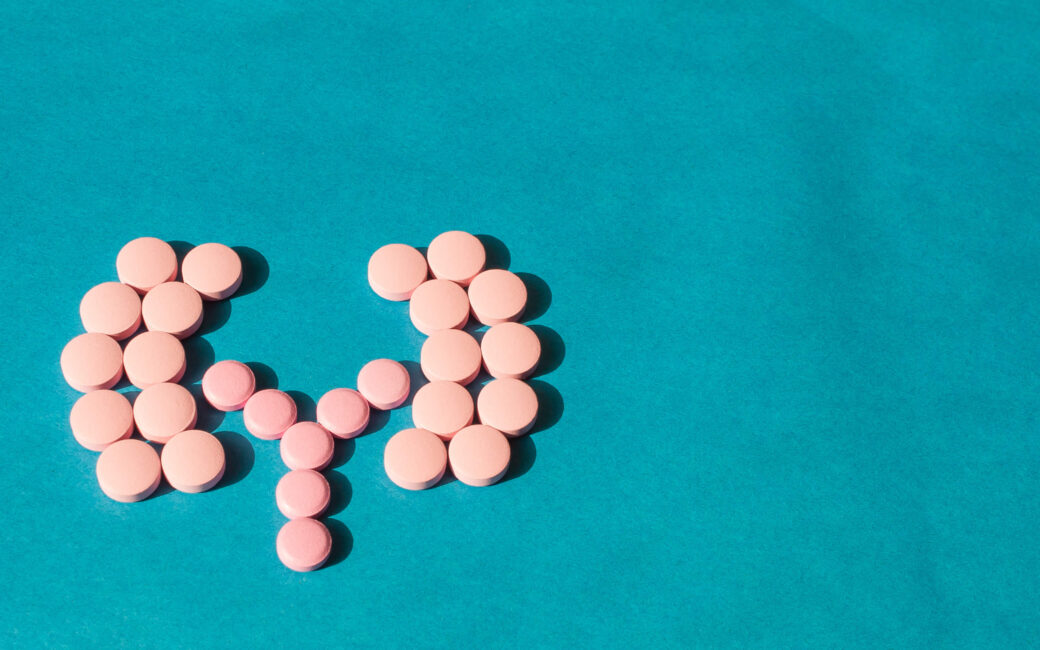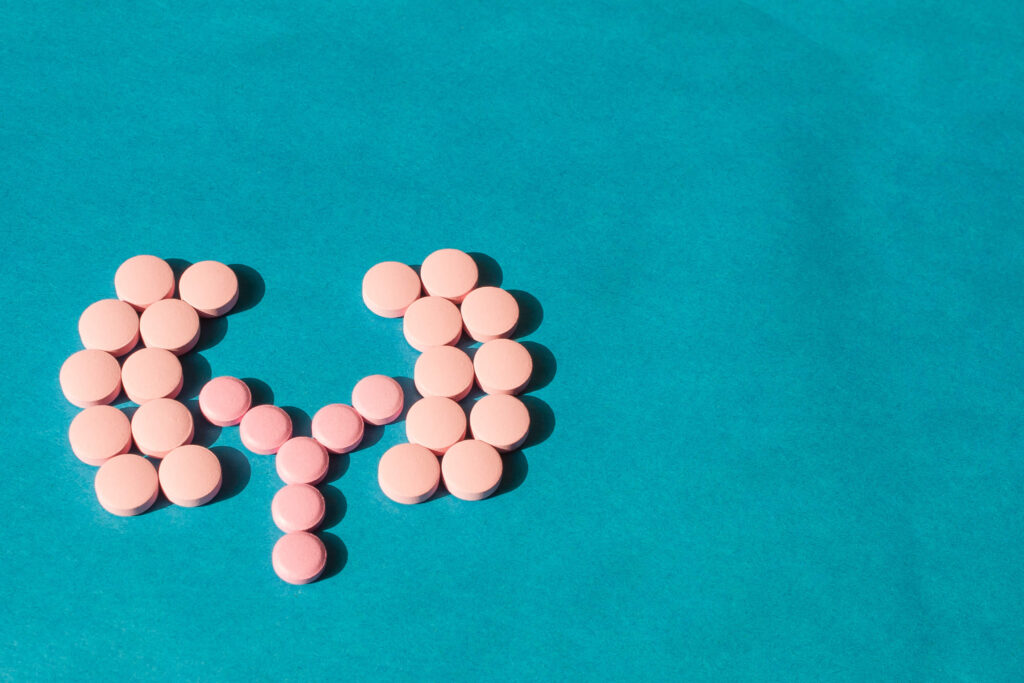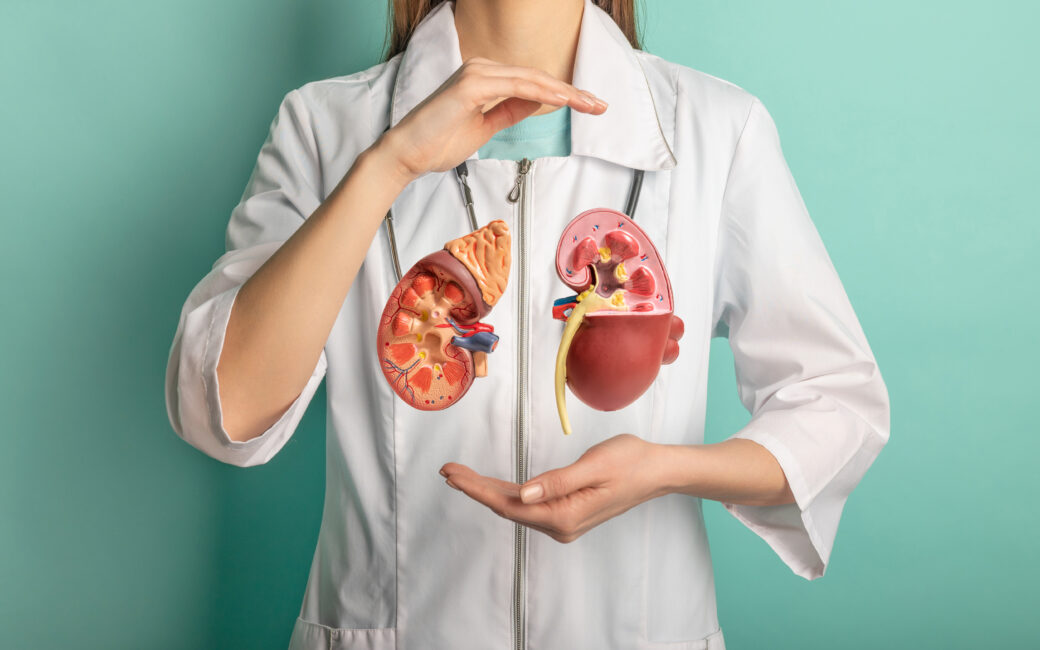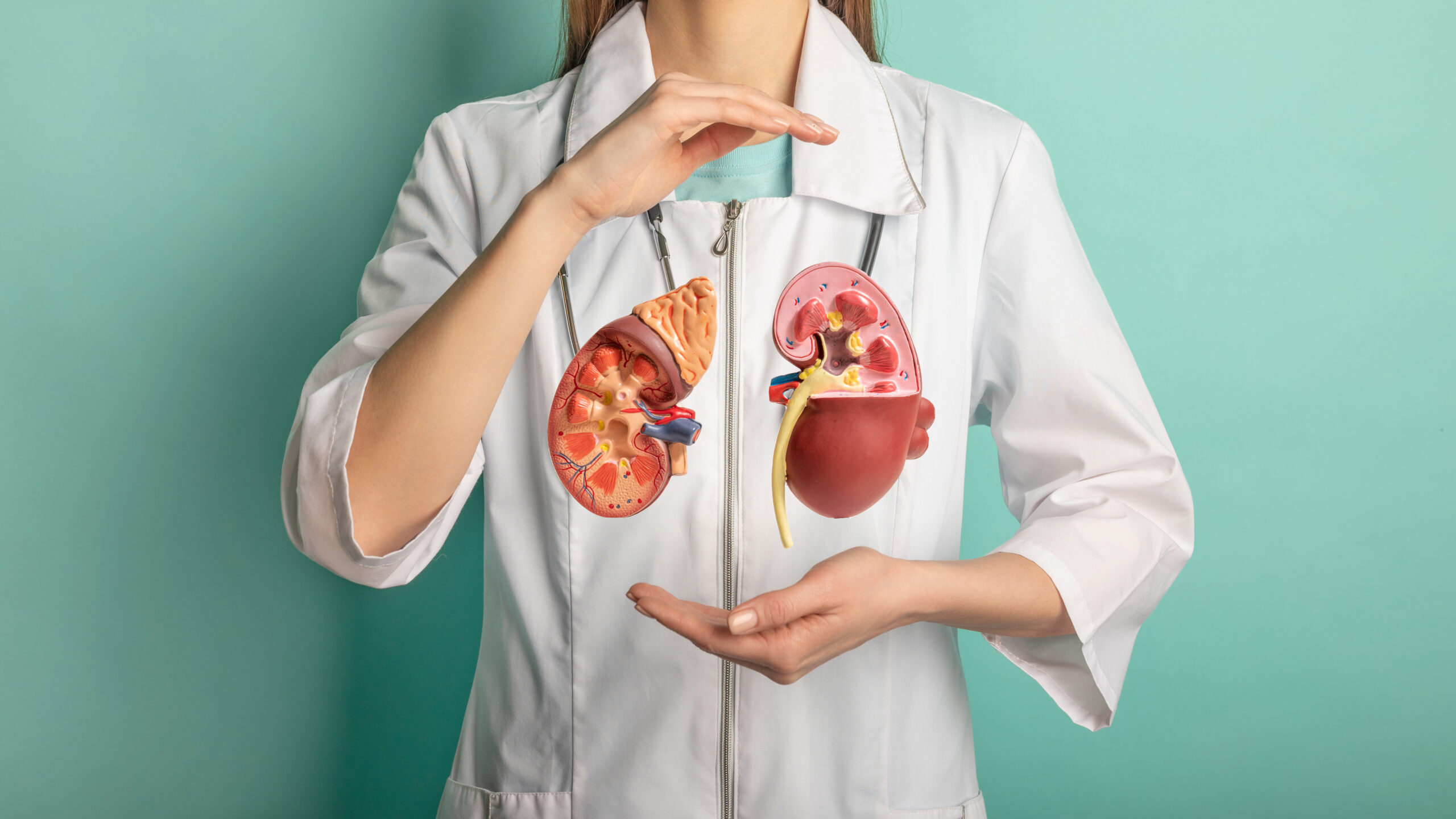What to Expect with the Kidney Dialysis Process
Undergoing dialysis can seem daunting, but understanding the process can help ease any anxieties and prepare you for what lies ahead. Dialysis is a life-saving treatment for those with kidney failure. It filters waste and excess fluids from the blood when the kidneys can no longer perform this function efficiently on their own. Here’s a step-by-step overview of what you can expect during the dialysis process.
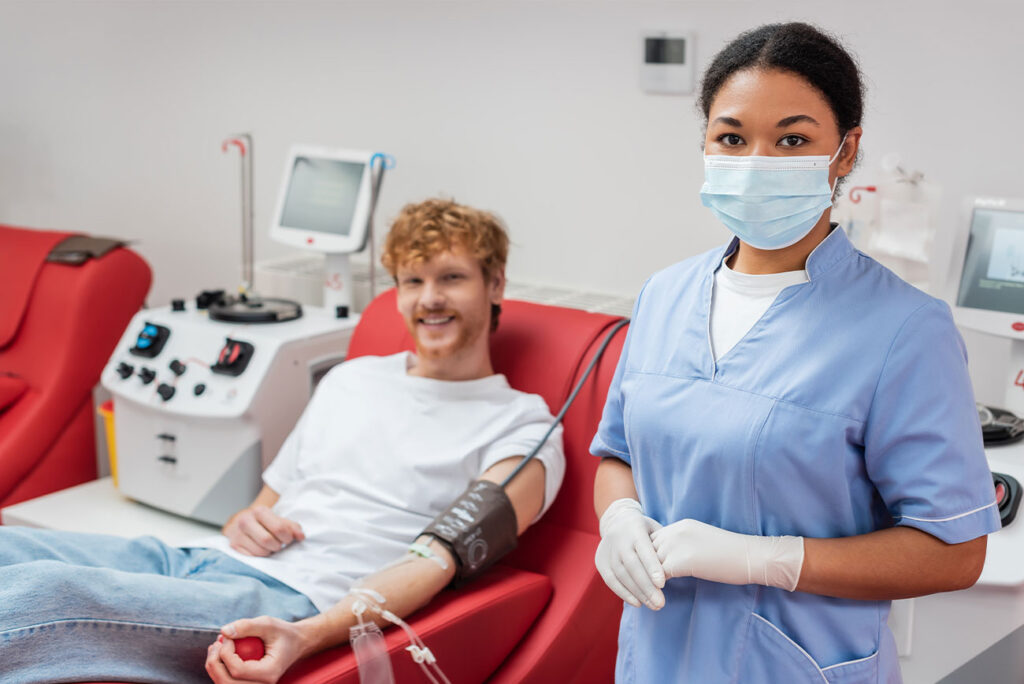
Step-by-Step Overview of the Dialysis Process
- Preparation: Before starting dialysis, a vascular access point will be created. This access point, which is usually in your arm, allows the blood to easily enter and exit your body during the treatment. It can be an arteriovenous (AV) fistula, AV graft, or central venous catheter.
- Arrival and Setup: On the day of your treatment, you will check into the dialysis center and be guided to your treatment area. Here, you will be seated in a comfortable chair, and the dialysis machine will be prepared by a healthcare professional.
- Connection: The healthcare professional will connect you to the dialysis machine via the vascular access point. Blood is drawn out of your body, filtered through the machine to remove waste and excess fluids, and then returned to your body.
- Dialysis Session: During your session, you can read, watch TV, or even take a nap. The process is always supervised by trained medical staff to ensure everything runs smoothly.
- Disconnection and Post-Treatment: After the session is complete, you will be disconnected from the dialysis machine. Your access site will be cleaned and bandaged. You may feel a bit tired after treatment, but many people can go about their normal activities.
Duration and Experience of Dialysis
The typical dialysis session lasts about four hours, and most patients undergo this treatment three times a week. While dialysis itself is not painful, the needle insertion can cause some discomfort, but this usually diminishes over time as you get accustomed to the dialysis process. Some patients may feel fatigued or have muscle cramps after a session, but these effects often improve with regular treatment and proper management.
How You May Feel After Dialysis
Post-dialysis symptoms can vary. Some patients feel a sense of relief and normalcy, while others might experience fatigue or slight dizziness. Staying hydrated and maintaining a balanced diet can mitigate these side effects. It’s essential to communicate with your healthcare team about any discomfort or concerns you may have to adjust your treatment plan accordingly.
Learn More About the Dialysis Process With About Midwest Nephrology
Dialysis is a critical process for those experiencing kidney failure. It helps you to maintain a healthy balance of fluids and waste in the body. While the process might seem intimidating initially, understanding the steps involved and knowing what to expect can make it more manageable. The dedicated team at Midwest Nephrology Associates is here to support you every step of the way. Whether you have questions about the dialysis process or need to schedule a consultation, we are here to help. Visit one of our locations in the greater Milwaukee area or contact us to schedule an appointment and take the next step towards better kidney health.
